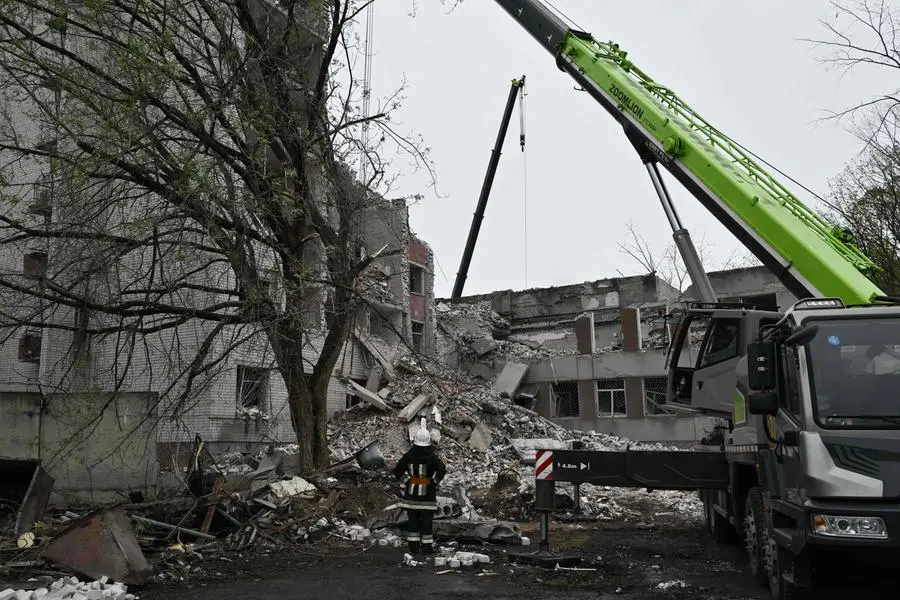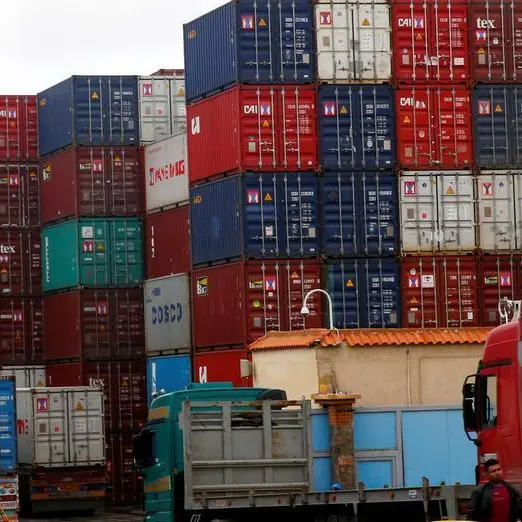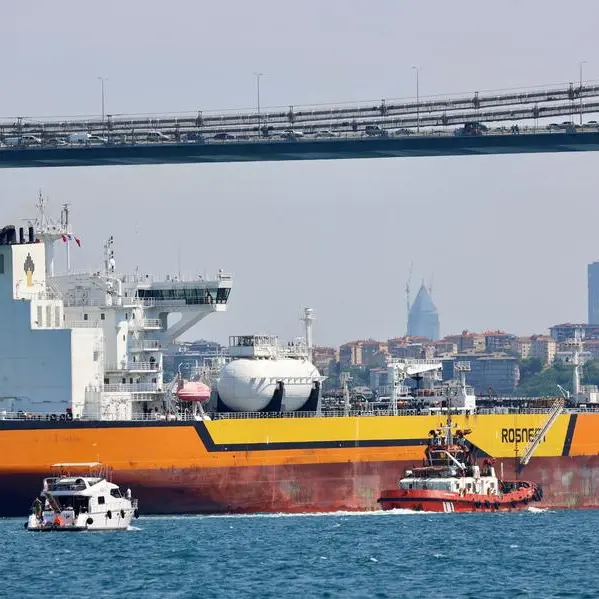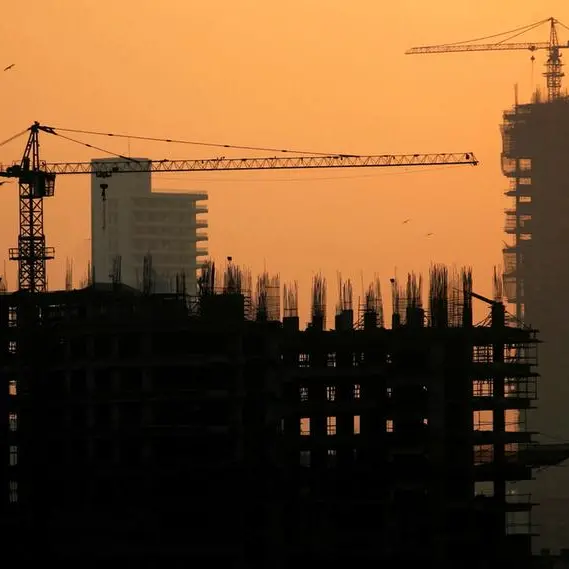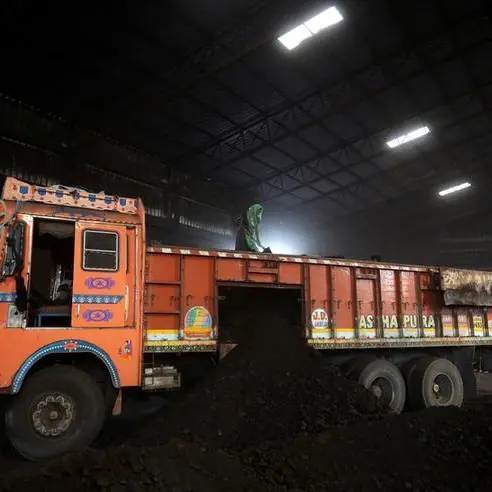PHOTO
Sapper Lubomyr lost his leg after stepping on a mine in eastern Ukraine last year, but is now back on the front helping fight Russian forces.
The blast left a mental and physical toll on the 103rd brigade serviceman but did not dent his resolve.
"A little bit of you is gone. You look and think differently. You feel more fear," the 31-year-old said.
"But we have to keep working."
Faced with delays to Western aid and a shortage of manpower, Ukraine has ceded ground to Russian forces since late last year.
Soldiers like Lubomyr have returned to the front as they believe letting up now would leave the road open for a reinvigorated Russia, which is seeking to press its battlefield advantage.
"If Russia stops shooting, the war is over. If we stop shooting, we're screwed," Lubomyr summed up, not disclosing his last name for security reasons.
- 'What vacations?' -
Ukraine's commander-in-chief Oleksandr Syrsky acknowledged Saturday that the eastern front had "significantly deteriorated".
In a bid to address troop shortages, Ukraine's parliament passed a law streamlining mobilisation procedures.
It also scrapped a vital proposal that would have given soldiers serving for more than 36 months the possibility to be discharged.
This was a cruel twist for soldiers on the front, many of whom have been fighting with little or no break.
On the road in the east, members of an assault brigade laughed off the idea of taking holidays.
Denis, a platoon commander in the 59th brigade, said he had seen no rotations in two years.
"What vacations? We rest here, move out of positions and alternate between each other, wash, go back," the 27-year-old told AFP from a base near Pokrovsk.
And tired soldiers are running low on ammunition, hampering their operations.
"A year ago we could throw around 200 shells a night, and now it depends on the situation... maybe 10 to 20," he said.
Another commander in the 59th, Anatoly Malik, wearing a "War is Hell" patch, agreed Ukraine's predicament was difficult.
"We most likely have already exhausted our reserves. It all depends on the countries that still have ammunition," he told AFP.
- Purely levelled -
Russia's devastating use of glide bombs has also hit morale.
Soldiers from the 59th took part in operations to contain Russian advances after the fall of Avdiivka, which Moscow seized in mid-February in part using the weapons.
The aerial bombs hold around half a tonne of explosives and can be dropped from further away, allowing Russian planes to avoid air defence.
"Prepare or don't prepare, when a 400-500kg bomb falls on you, nothing will help," Denis said.
After holding out for nearly a decade against pro-Russian separatists, Avdiivka, close to the key city of Donetsk, was "purely levelled" by Russian forces using the munitions, he said.
Drones also pose a constant threat for military and civilians alike.
Protecting them is the heavy responsibility of air defence units.
"We must always be on alert, stay awake and control absolutely everything," said Vadim Kochegarov, a battery commander with the 117th brigade, working in southeastern Ukraine toward Orikhiv.
The 29-year-old used to be a driver, based in the city of Kharkiv, which has faced relentless air attacks.
"Because of what I saw there, I came to defend our homeland, there was no other choice," Kochegarov said.
And sapper Lubomyr issued a warning for anyone -- in Ukraine or abroad -- tempted to forget the war.
"They'll soon see for themselves ... or their children will."
